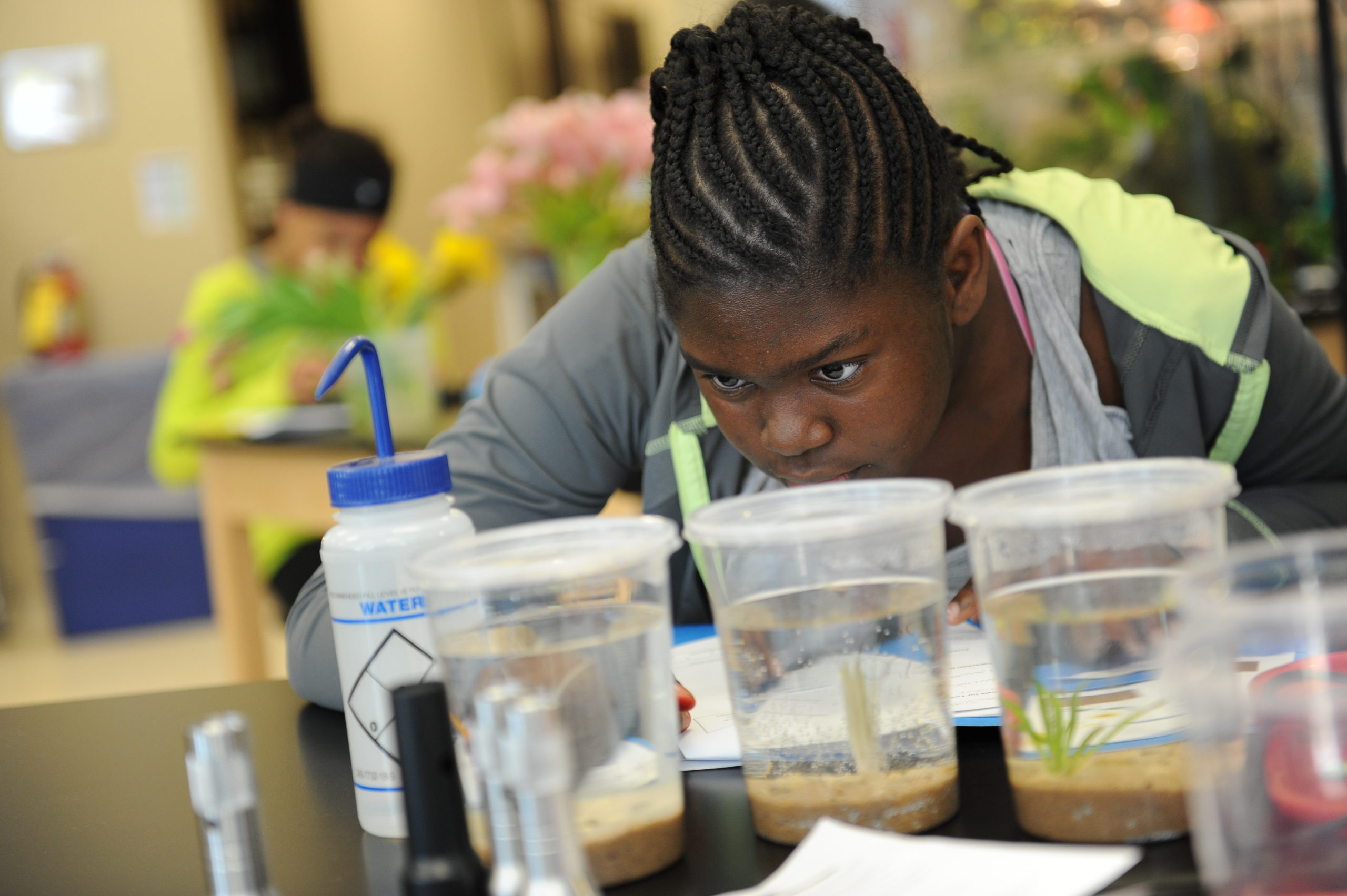“Why should we care about this?”
It’s the question every teacher dreads to hear. You spend hours planning, constructing, and organizing a lesson only to watch as students check-out with the first excuse. You want to explain to them that adult life is complicated. That even if they don’t plan on becoming mathematicians, or geologists, or electrical engineers, it’s important for them to know how things operate so they can find their way in the world. Unfortunately, they’ve already started playing mini-games on their iPhones. It’s enough to make any educator snap a ruler in two.
Still, the question itself has some merit. Our world is constantly changing, and with new information and technology around every corner, certain subjects can feel a bit outmoded. Teachers need to be ready when students start doubting the value of comprehensive education. Answers like, “It’s on the test” “you need to know this for next year” or “because I said so” won’t inspire them to dig deeper. Instead, prepare practical strategies which will help your students find something in the material they never anticipated.
Here are six skills which can add relevance to any lesson:
Think Critically
If you want students to think critically, ask them questions worthy of their time. One way to engage apathetic students is by starting your lesson with an inquiry. Rather than introducing a topic, present them with a problem: “Why do earthquakes happen?”, “Have you even wondered why tides go up and down?”, “How long would it take the average person to walk across our state?” Your students may not become marine biologists or marathon runners, but by the end of the lesson, you’ll have showed them the benefits of thinking critically.
Work Collaboratively
Give students a reason to collaborate. Emphasize this approach by handing out separate pieces of a single project. Each student needs what another has to complete the final product. By working together, they not only solve the problem in front of them but develop interpersonal skills as well. Another method is by requiring feedback to any written assignment. This generates new ideas and can highlight contrasting viewpoints. If a student asks why they’re reading an old book, tell them it’s not just about the story, it’s about looking at the world through different eyes.
Communicate Effectively
Communication doesn’t always mean talking, sometimes it means listening. A Build-on strategy requires students to share ideas and discoveries while incorporating the knowledge of a previous presenter. This tactic will encourage students to review and reassess information. You can also challenge students by having them convey their content visually. Graphics and imagery are quickly becoming a larger part of the learning experience. Over time, your students will realize that learning is about more than discovering new information. Understanding how to disseminate knowledge is important too, and it’s a skill they will need regardless of subject.
Connect with Technology
The next generation will be raised on technology. While some of us still remember the days when computers were just making their introduction, today’s students have never been more plugged in. Don’t be afraid to take advantage of these tools. Many websites, YouTube channels, and podcasts can offer valuable resources on a variety of topics. John Green, author of The Fault in Our Stars, oversees a range of educational content on his CrashCourse channel. Meanwhile, Overly Sarcastic Productions offers a fun, campy take on history, literature, and the humanities. Sometimes a little flare is all that’s needed to make your subject relevant.
Develop Creativity
Not every question has a single answer. Encourage students to discover alternative ways to solve their problems. If the day’s assignment is to use stray materials for channeling electricity into a light bulb, don’t just have the students find one solution, ask them to find three. After that, inspect how these solutions could affect different subjects. How would they incorporate electricity into art or social studies? Pushing students to find new answers will also encourage them to think outside the box.
Understand Culture
Your students live in a world where they can go almost anywhere they want, but they still need to know where they are going first. Broaden their view by incorporating global awareness into your lessons. If they’re studying electricity, ask them why outlets and plugs look different in different areas of the world. Test them to see which countries use the most electricity and why that might be. What does the alphabet look like in French or Japanese? What are common foods in Italy, why are they common, how nutritious are they? The world is surly getting smaller, but this doesn’t have to be a bad thing for your class.
Incorporating any of these six skills into your content will give your lesson instant relevance and provide you with a credible answer to the question, “Why should I care about this?”
